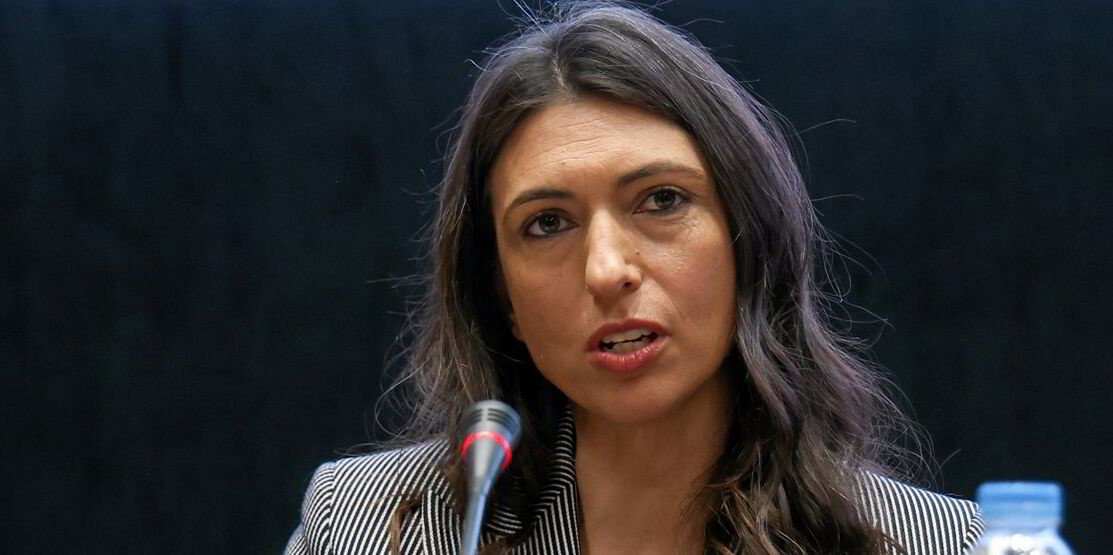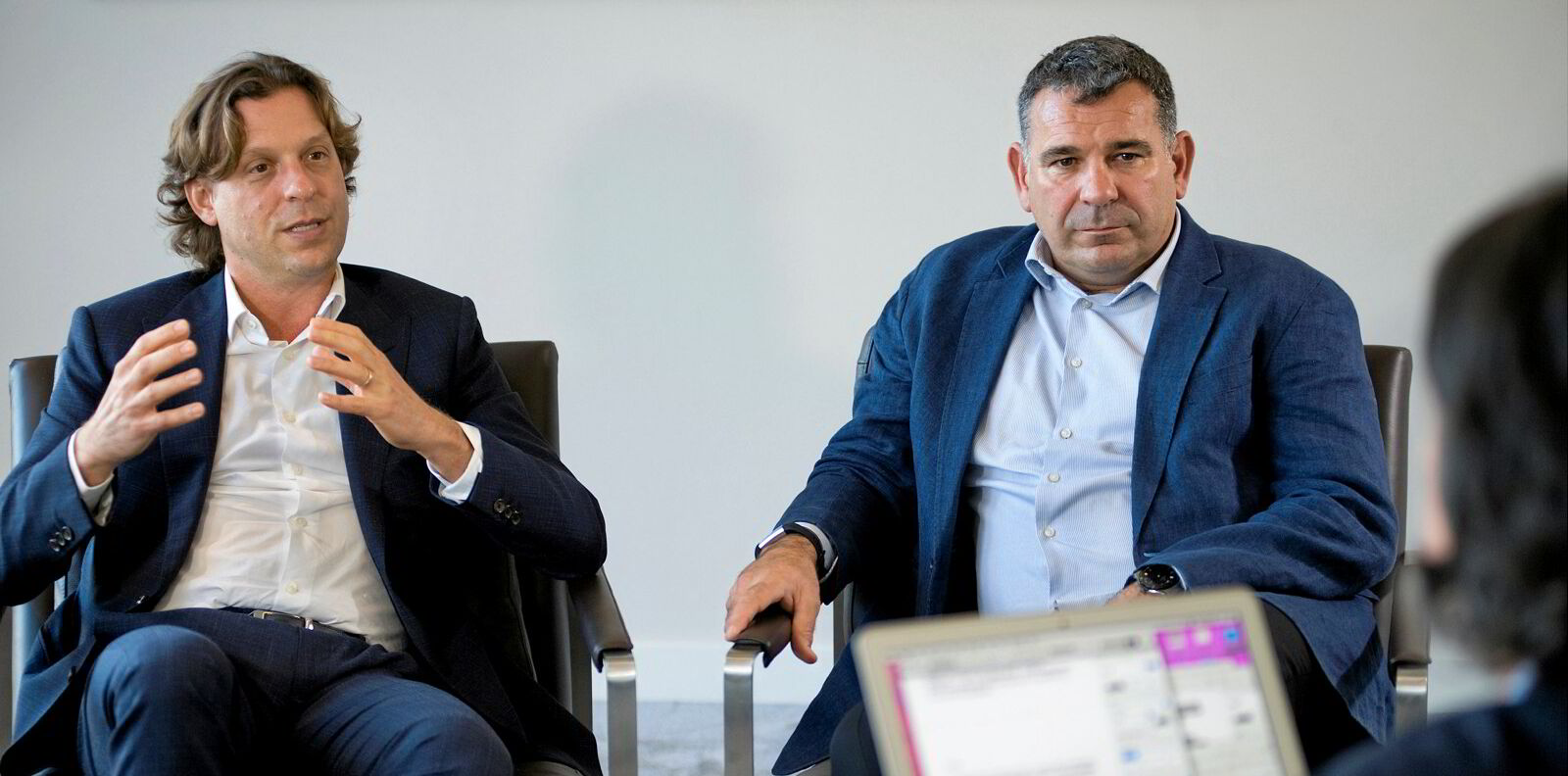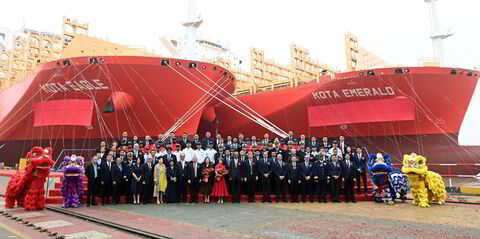Compliance with the European emission trading scheme has been “smooth sailing”, according to Star Bulk chief strategy officer Charis Plakantonaki, but it has not contributed to the decarbonisation of shipping, and the upcoming FuelEU Maritime initiative will also be ineffective without subsidies for biofuels.
Vessels calling at European ports have been subject to the demands of the region’s Emissions Trading System for half a year now, with owners or delegated companies needing to buy emission allowances tagged to the price of CO2.
These same ships will also be subject to FuelEU restrictions at the beginning of next year.
Star Bulk has some of its vessels on charter and calling in Europe, Plakantonaki said during a seminar organised by Bimco to discuss charterparty clauses linked to Europe’s emission rules.
“We have not had many issues with our charterers when it comes to time-charter trips. They are either surrendering allowances to us, with a few cases — where they have not been able due to bureaucracy of opening allowance accounts within the European Union — and we get paid in cash,” she explained.
“This is usually settled seven days after the completion of the voyage, so no issues there … of course, the market has helped because the market has been good. And also, costs of EU ETS are still reasonable, because it’s still at 40% scope and the price of allowances is still reasonable.”
While compliance with the regulations is easy, Plakatonaki said it is treated like a penalty and simply passed on to the charterers, and the same will happen when FuelEU kicks in. In turn, the charterers pass the costs on to cargo owners, who then incorporate them into their prices, hitting consumers and society.
“So here I will pose a more philosophical question … if, as an industry, we are just passing it on, passing on this cost to society, does that provide any guarantee that we will decarbonise? I don’t think so,” she said.
“So I think when it comes to EU ETS, and especially now that we have additional penalties because of FuelEU Maritime kicking in next year, I think it’s absolutely necessary if these regulations are going to be meaningful.”
Monitoring plans not ready
Vessel operators falling into the demands of FuelEU need to have special monitoring plans in place in a few weeks, even if they cannot as the template needed has yet to be published by the European Commission.
These plans need to be submitted by the end of August to a verified body, often by a class society. It needs to state how the fuel and energy are going to be monitored and reported for each ship in an owner’s or operator’s fleet.

Lloyd’s Register strategic business partner Theo Kourmpelis told TradeWinds that the delayed publication of the FuelEU monitoring plan template will create an administrative burden as shipping companies scramble to submit their strategies.
“They are different to the monitoring plan needed under the MRV [monitoring, reporting and verification] rules,” he said, adding that owners should avoid opting to pay to comply with FuelEU, even if compliance is initially at a low level, as the penalties will accumulate.
“The pay-to-comply option is not an option,” Kourmpelis warned. “There is a specific clause in the legislation advising that the penalty for non-compliance should go to the charterer or entity responsible for purchasing the fuel. Our research suggests the average penalty could be €250,000 [$267,400], but if you let it aggregate then each year you are non-compliant the next year there’s an added 10%, a multiplier, so in three years it increases by 30%.
“So, if you agree the charterer will pay the penalty and does not, then after three years, it is returned with the penalty multiplier,” he said, adding this makes it difficult to put out to another charter.
Pooling of vessels to achieve FuelEU compliance is an option in the regulations and one being considered by owners, as recommended by Kourmpelis.
Star Bulk’s Plakantonaki wants to see Brussels link up the emission trading scheme and FuelEU by taking the funds accumulated through the ETS allowance mechanism and using it to subsidise biofuels.
“The price of biofuels is extremely high today. So for us, it makes more sense to pay both the costs of EU ETS and the cost of FuelEU Maritime, instead of burning biofuels,” she said.
“But if they were to use the funds to subsidise biofuels up to the extent that they cover the penalties and ideally make it even a bit beneficial for owners to pay the cost of the biofuel, you then have a regulation which basically helps you move the needle and reduce emissions.”




